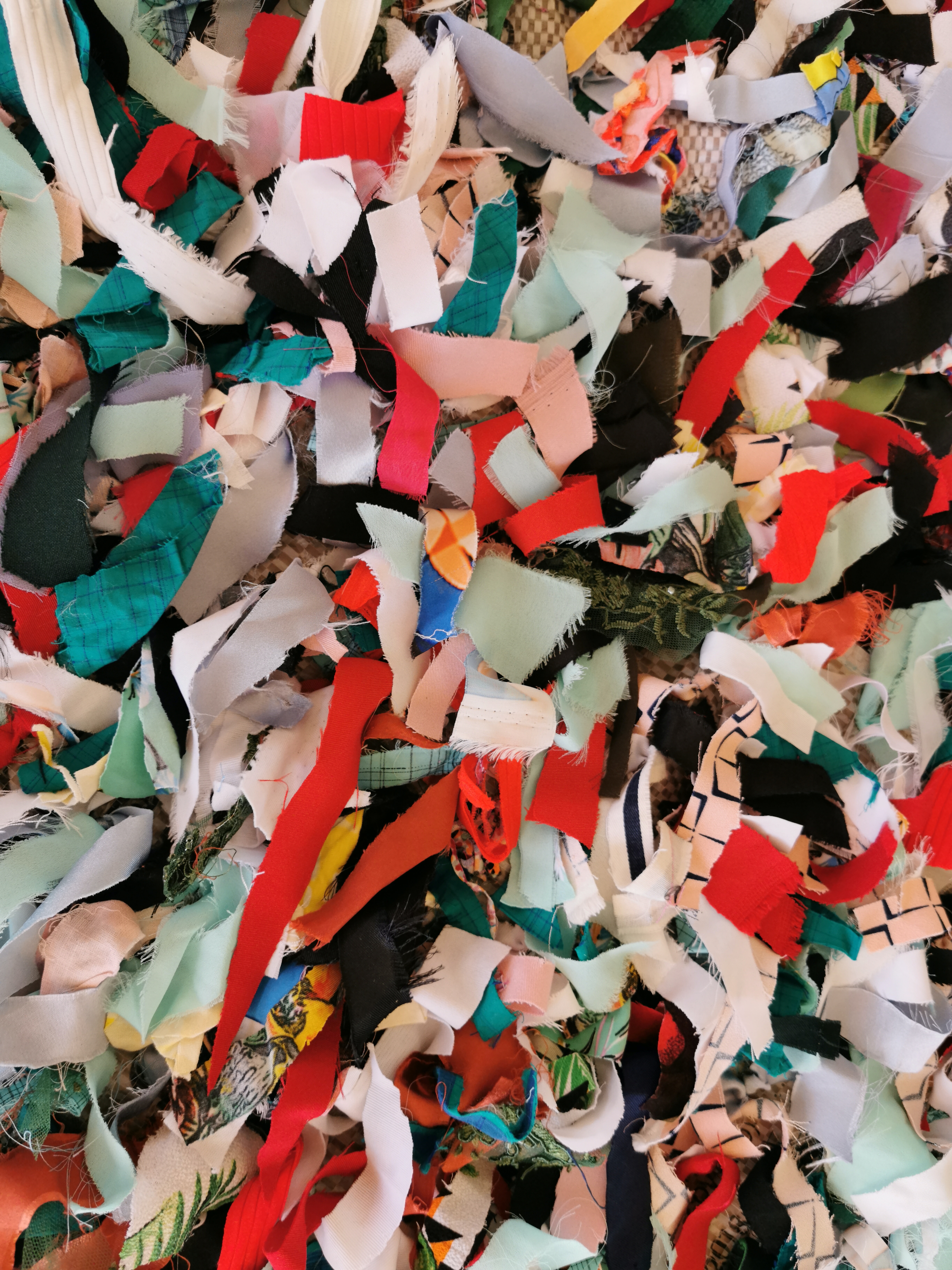EIT Community agree on Innovation Agenda for Circular Textiles and Fashion

EIT Culture & Creativity, EIT Manufacturing, and EIT Climate KIC kicked off collaboration with a workshop held on 3 March, where they discussed the future of European textiles and fashion. The new EIT Innovation Agenda for Circular Textiles and Fashion will explore synergies in innovation, training, and investment to accelerate its goals.
The group supports the setting up of large-scale tech demonstrations across Europe to test, validate, and facilitate industrial uptake and replication.
EIT Culture & Creativity is taking the lead in this initiative. Fashion is one of the largest creative sectors and employers in Europe. Fashion starts with design – the lifecycle and environmental impact of any product is determined at this very early stage. At the end of the chain, there is consumption. So we are taking this to heart for the benefit of European fashion companies, the consumers, and the planet.
Bernd Fesel, interim CEO of EIT Culture & Creativity
The first workshop of the EIT Innovation Agenda for Circular Textiles and Fashion took place on the premises of the ITA Group – International Centre for Sustainable Textiles of RWTH Aachen University. Member of the EU Parliament Dr. Christian Ehler joined the EIT Knowledge and Innovation Communities for the kick-off, along with the representatives of 20 different European businesses, research centres, universities, and associations. They shared the challenges and opportunities facing the European textile and fashion sectors and advocated for improving the innovation funding mechanisms supporting transition pathways to circular models for more sustainable fashion.
The textile industry – and that refers to fashion as well as to industrial and technical textiles – is an important sector in the European manufacturing industry. But many production steps have been outsourced from Europe. This Innovation Agenda shall play a role in getting production back to Europe. At the same time, digital technologies such as AR/VR can help with producing less textiles, for example in a virtual showroom, in which people can see themselves in the clothes they want to buy. This could support the goal of less textiles being produced which go to the skip unused.
Klaus Beetz, CEO of EIT Manufacturing
The workshop also covered the challenges regarding customer behaviour. According to EC reports, EU citizens dump 11 kg of clothes per year. The climate emergency requires decisive action in helping people break this habit. All three EIT Knowledge and Innovation Communities are committed to exploring joint programmes that incentivise innovation in the fashion and textile industries through cross-fertilisation of innovators, talent, and businesses along the value chain.
To change the industry, as well as consumer behaviour and expectations, we need systemic efforts that leverage design, media, and creative arts just as much as material and digital technologies. Through this unique partnership, we are taking an integrated approach that has the potential to act as a blueprint for other complex and hard to abate sectors.
Dr. Kirsten Dunlop, CEO of EIT Climate-KIC
The group has established a timeline for delivering the EIT Innovation Agenda on Circular Textiles and Fashion over the course of 2023 in support of the EU Strategy for Sustainable and Circular Textiles, whereby: “By 2030 textile products placed on the EU market are long-lived and recyclable, to a great extent made of recycled fibres, free of hazardous substances and produced in respect of social rights and the environment. Consumers benefit longer from high quality affordable textiles, fast fashion is out of fashion, and economically profitable re-use and repair services are widely available. In a competitive, resilient and innovative textiles sector, producers take responsibility for their products along the value chain, including when they become waste.”
Considering how urgent it is to transform the current value creation processes to secure the future of the planet, the event organisers, ITA Group, reinvented itself as the “International Centre for Sustainable Textiles”. The main goal of the Centre is the holistic biotransformation of textile technology value creation processes, which includes the closing of raw material cycles, circularity of textile value chains and reduction of energy and water consumption, based on the principle of “design for recycling” as a fundamental paradigm of product development. The Centre with the motto “Textile Innovations: Sustainable. Digital. Individual.” is headed by Professor Thomas Gries, who believes that this workshop is the need of the hour.


 Share this page
Share this page


